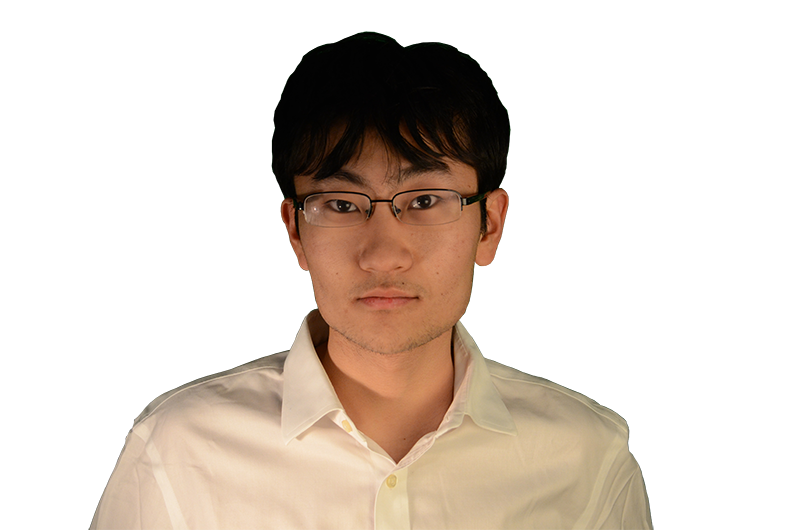Cui: The joys of being a pessimist
May 6, 2014
I have a tendency to hyperbolize. Eight columns into this stint at The Daily, I have demonized student government, ripped apart campus policies, panicked over admissions rates and predicted that all campus dialogue will naturally collapse and disappear. To say everything on this campus is doom and gloom is false, as a walk around campus will attest. You can see people being all smiles, and you almost surely have friends grateful for the opportunities this campus has given them. There are people who love being here, regardless of what I think.
For all the times I chose to ignore all the good that exists and is done on campus to prove my point, I apologize. But the question beckons: What even made me choose?
Let me admit a truth about my judgment. I am a pessimist. If I think there is a chance that everything will go up in smoke, I say everything will go up in smoke. This type of thinking is too easily associated with economists, who do not practice “the dismal science” for nothing. From Thomas Malthus’s prediction of catastrophic famine to the arguments for privatization and economic shock therapy, they play against any hope that policies today can keep making things better.
The most important word in that sentence, however, is “keep.” So long as we believe individuals have a choice in deciding how they behave, there is no guarantee that what works today will keep working. It is already hard enough for students, balancing academics and extracurriculars, to concretely enact social change in the four years they have here. Four years in the future – after their names are forgotten – who can guarantee their work will remain?
For any change to last, leaders today have to put faith in the people of tomorrow. New students have to take charge of organizations, and observers outside those organizations will remember why they matter. I shiver at the thought of the few steps toward a more inclusive campus which have been made in my time here being erased and future classes having to start all over; I want to prevent this.
Yet, in this excessive degree of care, there is the first joy of pessimism. I care excessively because I do have faith that things can get better. Even if the evidence points away from a better world, I still have my faith on which to cling. It is the same faith that attracts us when it is attached to a politician, a motivational speaker or a student leader. Even after these people move to greener pastures, faith must remain in the institutions they built for their work to preserve meaning. That latent faith can be just as beautiful.
There is another way to find joy in pessimism. A living example is Nouriel Roubini, the celebrity pessimist economist. First called “Dr. Doom” for his early 2008 predictions of the housing market’s collapse, he later became an oracle to the panicked elites wanting to know how bad the economy would get. But he did not make his predictions based on divine intervention. He figured it out through analysis of data and a growing intuition that the markets do not work as they should. Nor did he exploit his theories to make a killing by shorting stocks, as some traders did. His pessimism serves a greater purpose: He wants to be called “Dr. Realist,” someone who offers actual solutions to the sense of dread around us.
I do not believe I am the only one to sense wrongness lingering on campus. Compounded by stress and uncertainty in life, this moral intuition can appear crushing. The second joy of pessimism is it converts the sense that something is amiss into a need to understand – and a need to do something about it.
Not everyone has the time to talk to campus strangers and take every class in the social sciences. On the other hand, everyone who fears impending collapse will create reasons why they believe this is so. When these reasons are communicated, they can be picked apart or amended for correctness. This is a dialogue that should always take place. If we need gloomier forecasts for the dialogue to happen, then I remain all for it.
Tom Cui is a Weinberg junior. He can be reached at [email protected]. If you would like to respond publicly to this column, send a letter to the editor to [email protected].


